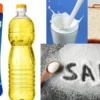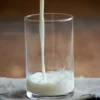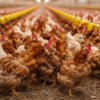 Food Manifest
Food Manifest
The house of resource for food safety.
Nestle
- Home
- Nestle

Infant Formula Under Scrutiny After 36 UK Infants Fall Ill0
- A to Z, Food Hygiene, Food Safety, Health & Wellness, News
- February 6, 2026
Key Update At least 36 infants in the UK have reported suspected food poisoning, following the recall of specific baby formula batches produced by Nestlé and Danone due to cereulide contamination. The UK Health Security Agency (UKHSA) said it received clinical notifications of infants showing vomiting, diarrhoea, nausea, and abdominal cramps, symptoms consistent with
READ MORE
Nestlé Recalls Infant Formula Globally Over Toxin Contamination0
- A to Z, Food Hygiene, Food Safety, News
- January 7, 2026
Key Development Nestlé recalled selected batches of its infant nutrition products—including SMA, BEBA, NAN, Guigoz, and Nidal formulas—after detecting cereulide, a toxin produced by certain strains of Bacillus cereus. Cereulide can trigger vomiting, nausea, and stomach cramps and cannot be destroyed by boiling, cooking, or standard formula preparation. Authorities advised parents not to feed the
READ MORE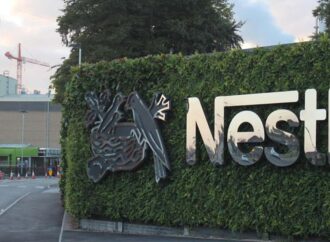
Nestlé Faces Criticism Over Added Sugar in Cerelac Sold in Africa0
- A to Z, Food Hygiene, Food Safety, Health & Wellness, News
- December 11, 2025
Key Development A new report by Public Eye claims Nestlé sells Cerelac baby cereals with added sugar in many African countries, while the same products in Europe contain zero added sugar. Tests showed most African samples had added sugar, unlike those sold in Switzerland, Germany, and the UK. The World Health Organisation’s 2022 guidelines caution
READ MORE
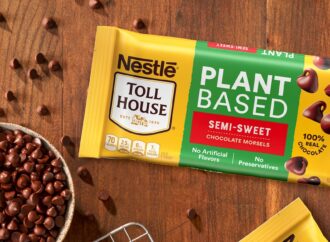
Nestlé Pulls Back on Plant-Based Foods as Demand Drops0
- A to Z, Food Hygiene, Food Safety, Health & Wellness, News
- September 2, 2025
Key Development Nestlé is scaling back its plant-based food offerings after demand fell short of expectations. The company had invested heavily in the category, launching products like Garden Gourmet meals, oat milk creamers, and the Vegan KitKat to tap into the growing interest in animal-free alternatives. However, shifting consumer preferences and market pressures have prompted
READ MORE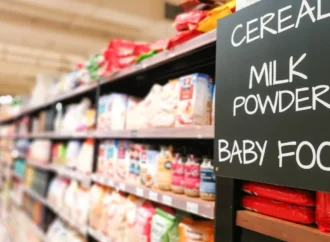
Misleading Labels on Infant foods: A Global Concern0
- A to Z, Food Hygiene, Food Safety, News
- September 1, 2025
A Worldwide Problem Misleading labels on infant foods are not confined to one country — they are a global public health concern. From Europe to Asia, companies use clever marketing and selective disclosures to convince parents that their products are healthier than they really are. Research shows many packaged infant foods carry added sugars, excess
READ MORE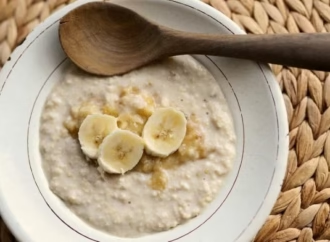
FSSAI Forms Panel to Reconsider Sugar in Infant Food0
- A to Z, Food Hygiene, Food Safety, Health & Wellness, News
- August 18, 2025
Key Update The Food Safety and Standards Authority of India (FSSAI) has formed a committee to review the use of sugar in infant food products. This decision follows global criticism of Nestlé for selling Cerelac with added sugar in India and other developing countries, while offering sugar-free versions in developed markets. The Food Safety and
READ MORE
Latest Posts
-

-

-
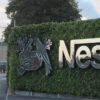
-
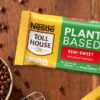
Nestlé Pulls Back on Plant-Based Foods as Demand Drops
- A to Z, Food Hygiene, Food Safety, Health & Wellness, News
- September 2, 2025
-
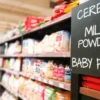
Misleading Labels on Infant foods: A Global Concern
- A to Z, Food Hygiene, Food Safety, News
- September 1, 2025




